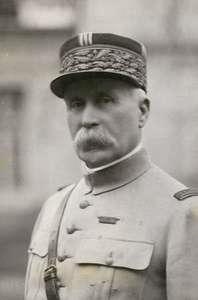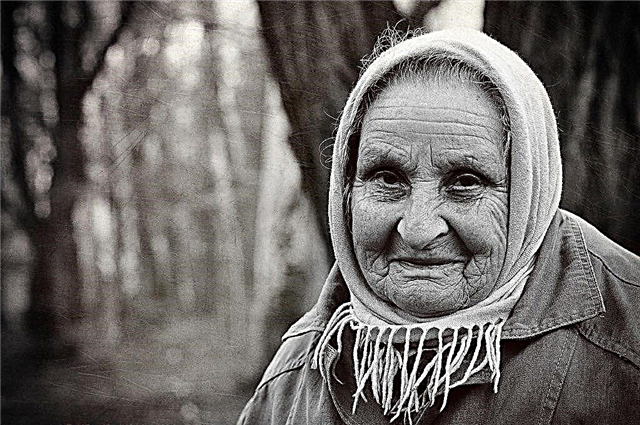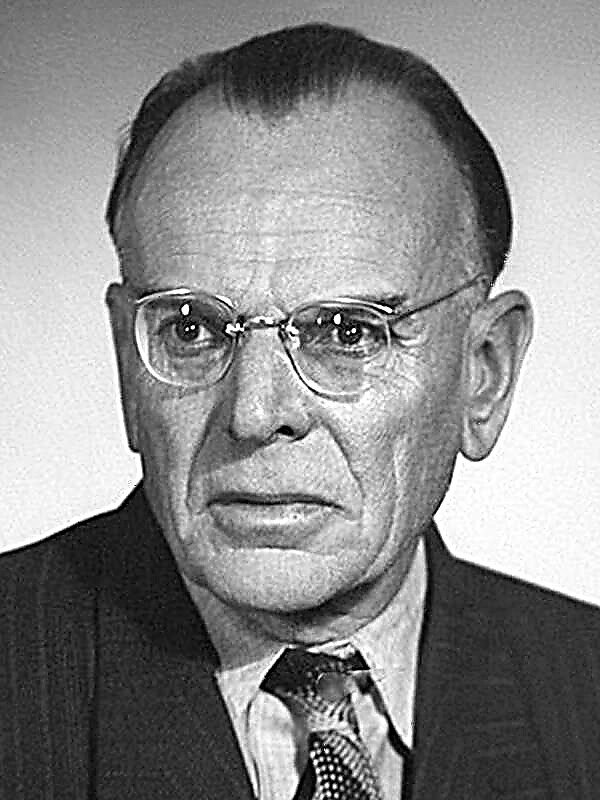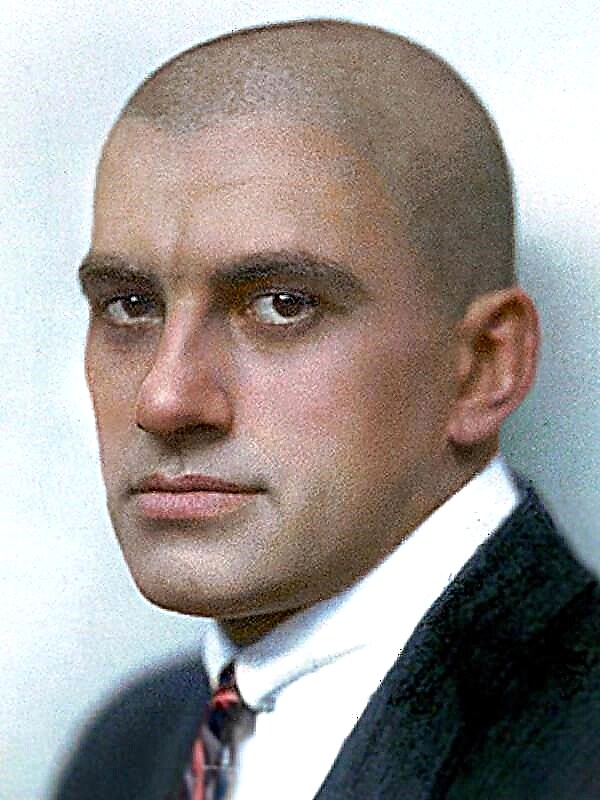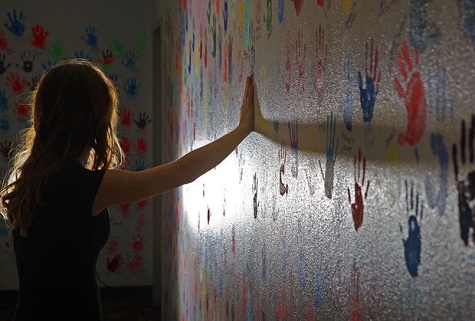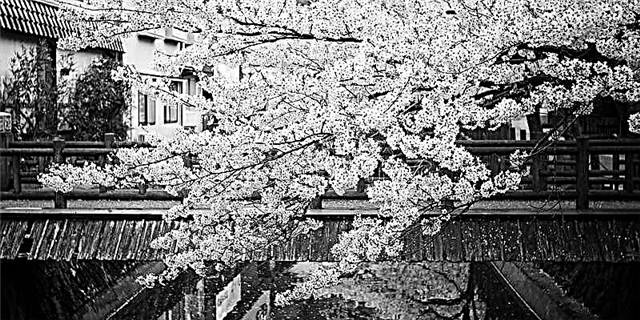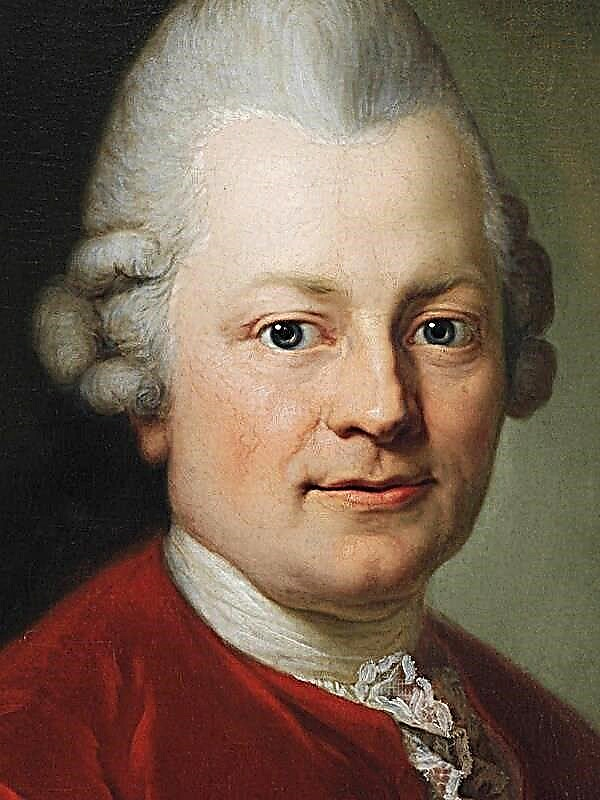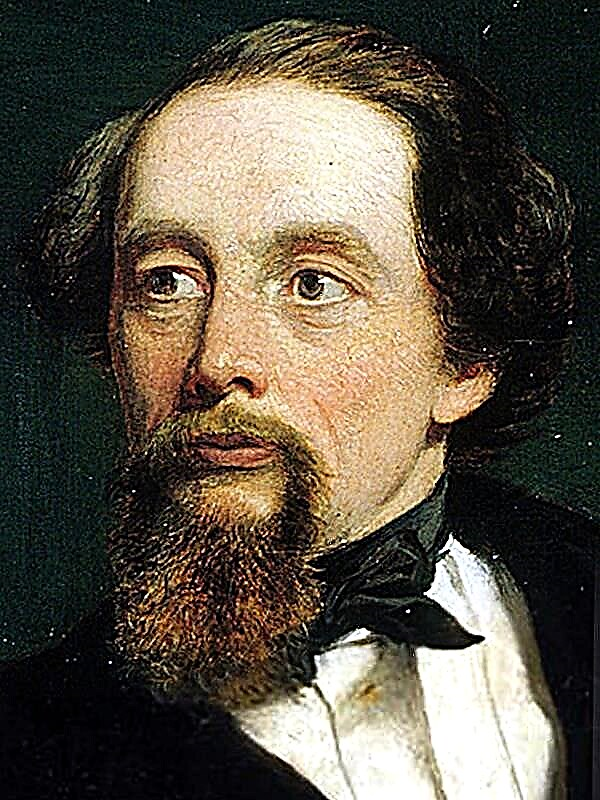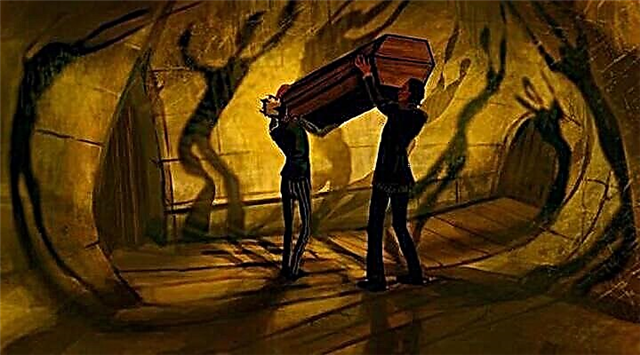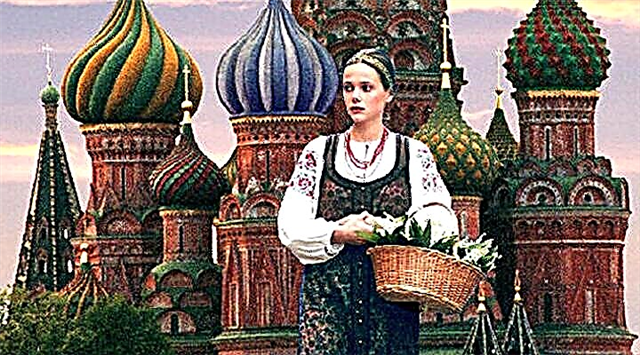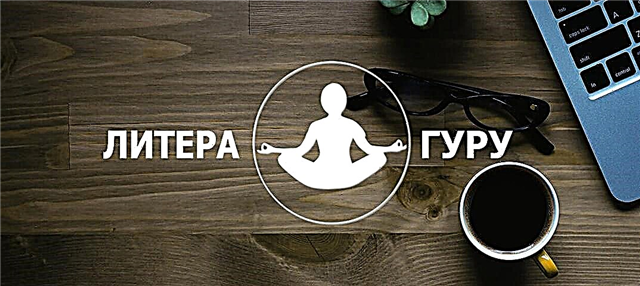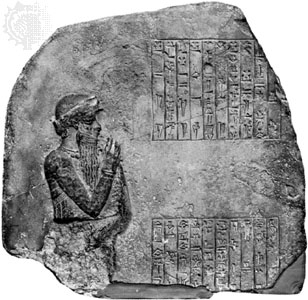Two peasant brothers lived: one rich and the other poor. For many years the rich gave the poor a loan, but he remained the same poor. Once a poor man came to ask a rich horse to bring firewood. He reluctantly gave the horse. Then the poor began to ask for a clamp. But the brother was angry and did not give a collar.
Nothing to do - the poor tied his wood to the horse's tail. When he drove the firewood home, he forgot to put up the gateway, and the horse, driving through the gate, tore off its tail.
The poor brother brought a horse without a tail. But he didn’t take the horse, but went to the city to judge Shemiak to beat his brother with his brow. The poor man went after him, knowing that he would still be forced to appear for trial.
They reached one village. The rich man stayed with his friend - a rural priest. The poor man came to the same priest and lay down on the side. The rich with the priest sat down to eat, but the poor were not invited. He watched with the bat what they were eating, fell down, fell on the cradle and crushed the child. Pop also went to the city to complain about the poor.
They passed through the bridge. And down below, on a moat, one man drove his father into the bathhouse. Poor foreseeing his death, he decided to commit suicide. He rushed from the bridge, fell on the old man and killed. He was caught and brought to the judge. The poor man wondered what to give him a judge ... He took a stone, wrapped it in a circuit board and stood before the judge.
After hearing the complaint of the rich brother, Judge Shemyaka ordered the poor to answer. He showed the judge a wrapped stone. Shemyaka decided: let the poor not give the rich horse until she has a new tail.
Then he brought a petition pop. And the poor again showed the stone. The judge decided: let the priest give the poor priest until he “gets” a new child.
Then the son began to complain, in whom the poor crushed his father. The poor man again showed the judge a stone. The judge decided: let the plaintiff kill the poor in the same way, that is, throw himself at him from the bridge.
After the trial, the rich began to ask the poor for a horse, but he refused to give it up, citing a judicial decision. The rich gave him five rubles so that he would give a horse without a tail.
Then the poor began, by a judicial decision, to demand a priest from the priest. The priest gave him ten rubles, only so that he would not take the buttocks.
The poor suggested the third plaintiff to comply with the decision of the judge. But he, on reflection, did not want to rush at him from the bridge, but began to put up and also gave the poor bribe.
And the judge sent his man to the defendant to ask about the three packages the poor man showed the judge. Poor pulled out a stone. Shemyakin was surprised and asked what kind of stone it was. The defendant explained that if the judge had not judged him, he would have bruised him with this stone.
Having learned about the danger that threatened him, the judge was very glad that he judged that way. And the poor, rejoicing, went home.

